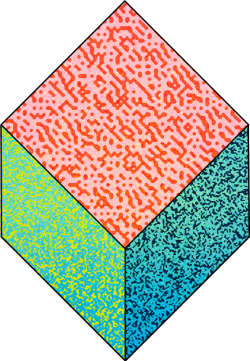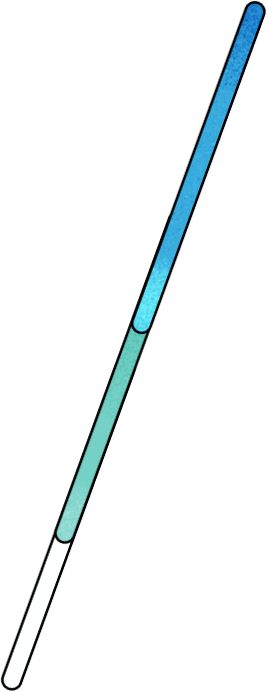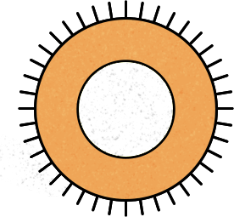For anyone familiar with HBO's recently ended show Silicon Valley, the idea of a decentralized internet may not seem so foreign. After a few misguided entrepreneurial efforts, the main cast eventually settled on this dream of creating a web that was hosted in part by everyone. In this way, everyone would own their own data, no giant monolith would control the kill switch to content, and people would be rewarded for working collaboratively. Though ultimately the efforts in the show pan out in some less than stellar ways, a fully realized version of this is on its way to the real world: Web 3.0.
Throughout the history of the internet, we've seen different iterations of use. As technology has grown and shifted, so have the behaviors of internet users and developers. What started as seemingly isolated, peer-to-peer direct connections expanded to the internet as a wide platform upon which users were encouraged to create content and build programs on. The move to what is called Web 2.0, while allowing massively expanded technological advances that have helped humankind in ways undreamed of before, it also had the drawback of a few massive companies gaining large amounts of control over data and reach. This has happened to the extent that many have called for governmental regulation, intervention, or even break-ups for some of the largest players.
As is usual, however, the market is leading the way in changes that will make life better for everyone. Rather than having an already inept entity as slow as the government try to stick its hand into the mix, Web 3.0 has started to move user created content into block-chain, decentralized hosting. Users will have total control over their data without sacrificing any of the interconnectivity Web 2.0 gave us. People will have the choice to move off of big name platforms they feel are hiding their content, and join new online communities in which you control how your data is shared and with whom. While regulators in congress are trying to figure out how to open PDFs, the free market is already on the way to destroying some of the biggest problems in the tech world.
As Forbes puts it:
In sum, Web 3.0 will bring us a fairer internet by enabling the individual to be a sovereign. True sovereignty implies owning and being able to control who profits from one’s time and information. Web 3.0’s decentralized blockchain protocol will enable individuals to connect to an internet where they can own and be properly compensated for their time and data, eclipsing an exploitative and unjust web, where giant, centralized repositories are the only ones that own and profit from it.










